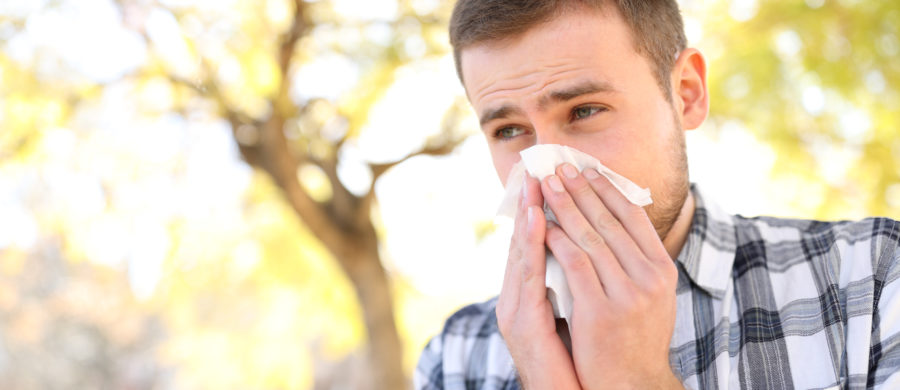Are you among the approximately forty percent of people with allergies or seasonal allergies? Do Claritin and Flonase work for you somewhat or not at all? I don’t know about you, but I get blasted with seasonal allergies every spring. Symptoms range from coughing, watery eyes, runny nose, and sneezing to migraine headaches. I occasionally use over-the-counter allergy medications with varying degrees of success.
Fortunately, I have found another tool in my seasonal allergy fight: quercetin.
Quercetin is a naturally occurring flavonol, or flavonoid, the yellowish antioxidant pigment found in the skins of onions, berries, apples, tomatoes, and buckwheat tea. It is a potent mast cell stabilizer (mast cells produce histamine, the molecule released in response to cells coming into contact with allergens, which makes you sneeze and look like a 2-year-old with snot coming out of your nose).
By stabilizing mast cells, quercetin inhibits the release of histamine and other inflammatory mediators. Studies indicate that it works better than Cromolyn, an old asthma medication with some nasty side effects. The good news about quercetin is that it is very well-tolerated.
Because of similar inflammatory pathways that affect asthmatics and patients with urticaria (hives) and eczema, quercetin can also potentially benefit that patient population.
Also, consider reducing histamine-rich foods if you have any of the above ailments. Recent studies on patients with urticaria showed that eliminating tuna, mackerel, pork, chicken, and spinach and fermented foods such as cabbage, yogurt, cheese, wine, and beer for four weeks significantly improved urticaria severity and plasma histamine levels. Here’s to less mucus, itching, coughing, and sneezing everywhere!

